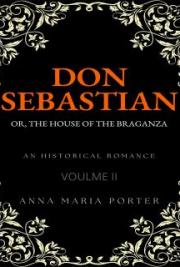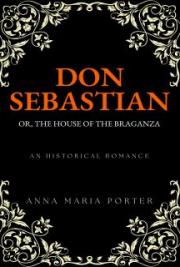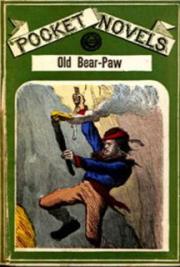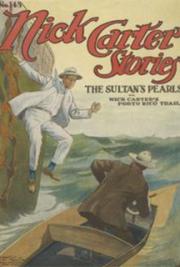“Truth, gentle swaine, Rosader hath his Rosalynde: but as Ixion had Juno, who thinking to possesse a goddesse, only imbraced a clowde.4 In these imaginarie fruitions of fancie, I resemble the birds that fed themselves with Zeuxis’ painted grapes; but they grewe so leane with pecking at shaddowes, that they were glad with Aesop’s cocke to scrape for a barley cornell.5 So fareth it with me, who to feede myselfe with the hope of my Mistres favours, sooth myself in thy suits, and only in conceit [imagination] reape a wished for content: but if my food be no better than such amorous dreames, Venus at the yeares ende, shall finde mee but a leane lover. Yet do I take these follies for high fortunes, and hope these feigned affections do divine some unfeigned ende of ensuing fancies.”
4 In Greek mythology King Ixion was visiting Zeus up in Olympus. The King desired to make love to Hera (Juno in Roman myths), the wife of Zeus. Zeus tricked Ixion, however, by magically turning a cloud into the shape of Hera.
5 Zeuxis was a Greek painter who lived in the fifth century B.C. He reportedly painted grapes so realistically that birds tried to eat them. Aesop, the Greek writer of fables during the fifth century B.C., wrote a tale of a cock (or rooster) who tried to eat a beautiful jewel. Later the cock fed itself on barleycorn (grains of barley) and so did not starve.







